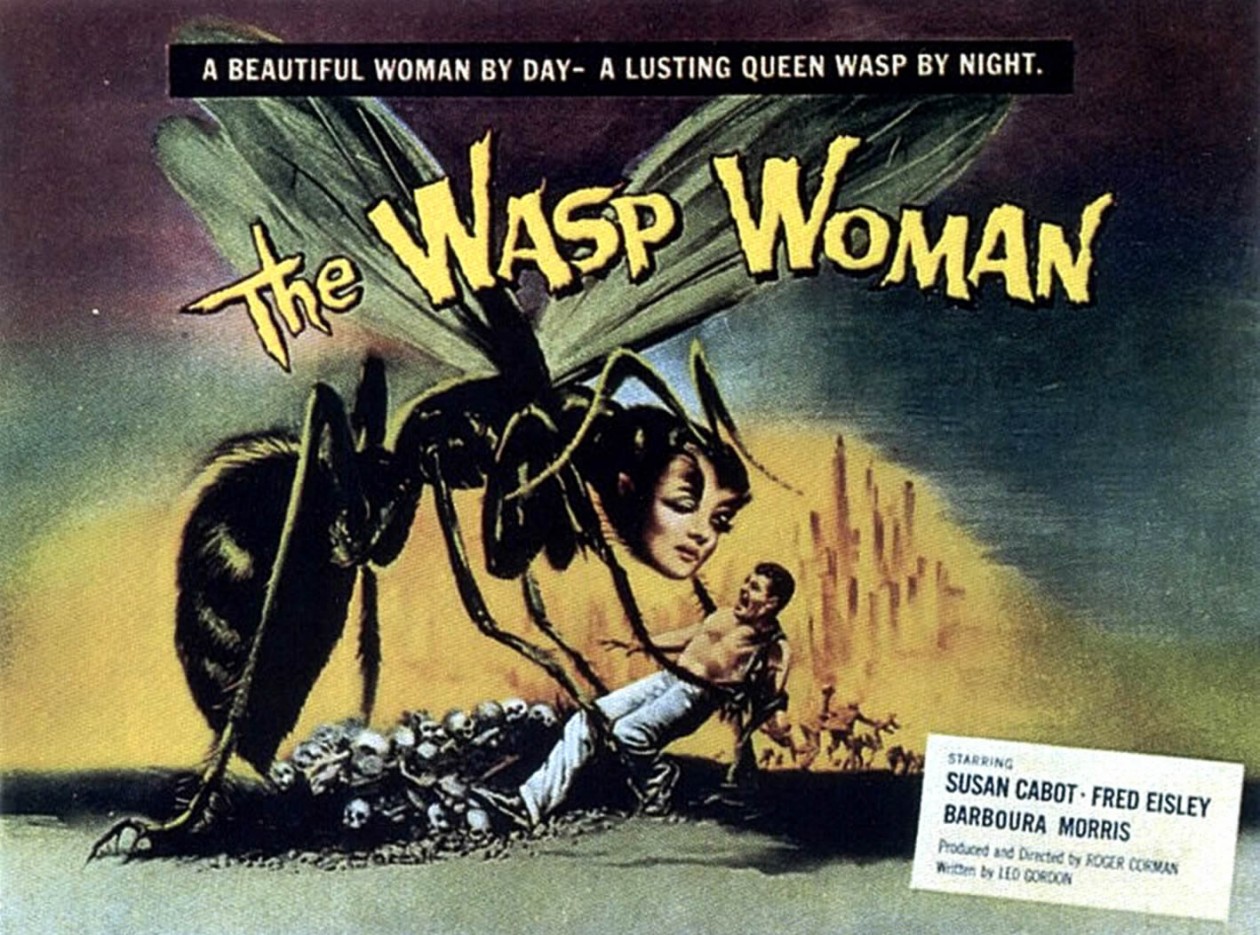Anne-Marie Slaughter has job in DC, son and husband live in Princeton
Decided to return home to family and leave gov’t job—still has full time job as professor at Princeton
2 reactions from other women: disappointed and condescending
Women from her generation have held on to the feminist beliefs raised with b/c are determined not to drop the ball for the next generation—different reaction than younger generation
Believes women can still “have it all” but just not today with America’s economy and society
Crazy long days in DC working for Clinton, equivalent of one vacation day a month
Having it all meant what kind of job she had
Other females high in gov’t over past years have also stepped down to be with family
In Washington, “leaving to spend time with your family” is a euphemism for being fired
“Although women as a group have made substantial gains in wages, educational attainment, and prestige over the past three decades, the economists Justin Wolfers and Betsey Stevenson have shown that women are less happy today than their predecessors were in 1972, both in absolute terms and relative to men” (5)
Best hope and closing that “new gender gap” is to close leadership gap: elect a woman president and 50 women senators—ensure women are equally represented in the ranks of corporate executives and judicial leaders
Cliches:
it’s possible if you are just committed enough
very few women in leadership positions—pool of female candidates for any top job is small, and will only grown smaller
every male supreme court justice has a family; 2 of 3 female justices are single with no children, Ruth Bader Ginsburg began career as judge when child was almost grown
It’s possible if you marry the right person
men seem more likely to choose their job at a cost to their family and women vice versa
It’s possible if you sequence it right
People tend to marry later now—but if have children earlier may be more difficult to get graduate degree, good first job, and opportunities for advancement in crucial early years of your career
Also less income while raising children and then can’t hire help
Being able to work from home can be the key to carrying full load vs letting a team down at crucial moments (11)
“According to the Women’s Business Center, 61% of women business owners use technology to ‘integrate the responsibilities of work and home’” (11)
Comparison to marathon runner—discipline, organization, and endurance it takes to succeed at top levels with young children at home is comparable to running 20 to 40 miles a week but rarely how employers see things
Comparison to Orthodox Jew taking off Friday afternoon and Saturday
Redefining the arc of a successful career
Makes sense for women to peak in late 50s and early 60s
Female role model: Michelle Obama
“When the choice is whether to hire a man who will work whenever and wherever needed, or a woman who needs more flexibility, choosing the man will add more value to the company
the more often people with different perspectives come together, the more likely creative ideas are to emerge
“If women are ever to achieve real equality as leaders, then we have to stop accepting male behavior and male choices as the default and the ideal” (20)
May need to put a woman in the White House before we’re able to change the conditions of women working at Wal Mart
Possible Questions:
Do you think the only solution is electing a woman as President?
Are there any movies that have a strong female lead in a position of power where she is not seen as the antagonist?
